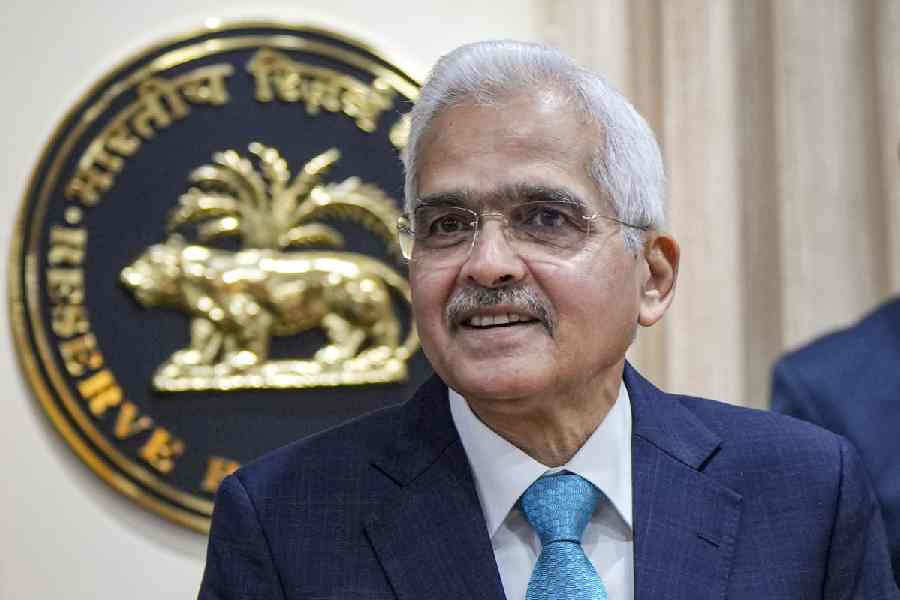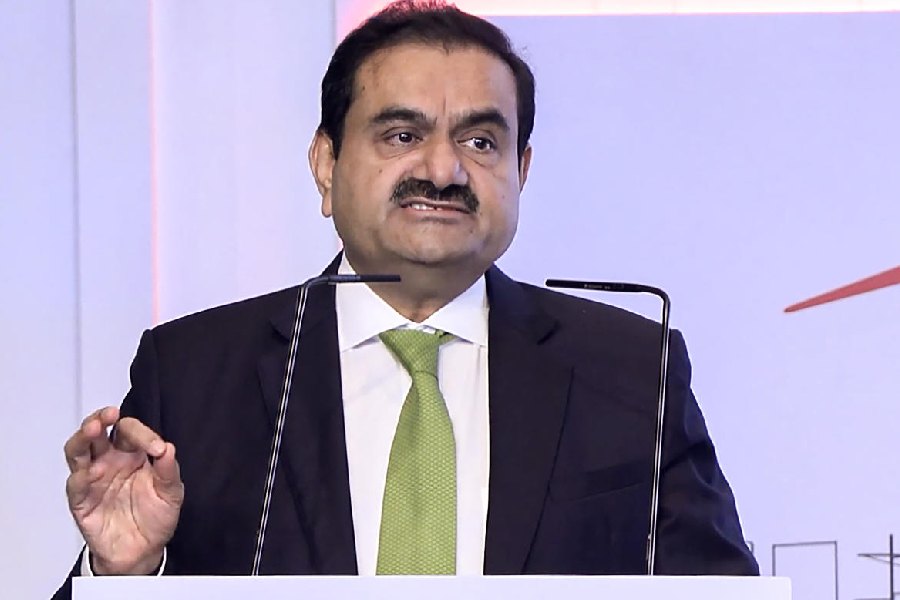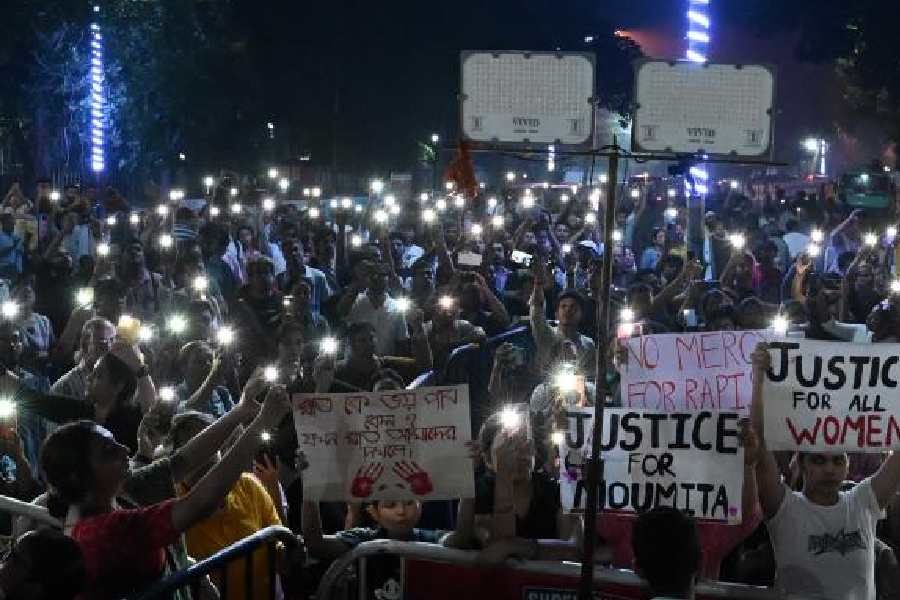Secularism is “intricately woven” into the basic feature of the Constitution and is a facet of the right to equality, the Supreme Court said on Monday while dismissing petitions that had challenged the insertion of “secular” and “socialist” into the Preamble in 1976.
“However, the ‘secular’ nature of the State does not prevent the elimination of attitudes and practices derived from or connected with religion when they… impede development and the right to equality,” the bench of Chief Justice Sanjiv Khanna and Justice Sanjay Kumar observed.
The court questioned the timing of the PILs, filed by BJP leader Subramanian Swamy and others more than four decades after the amendments.
“In essence, the concept of secularism represents one of the facets of the right to equality, intricately woven into the basic fabric that depicts the constitutional scheme’s pattern,” the bench said.
“The State maintains no religion of its own; all persons are equally entitled to freedom of conscience along with the right to freely profess, practise and propagate their chosen religion; and all citizens, regardless of their religious beliefs, enjoy equal freedoms and rights.”
As for the term “socialist”, it does not tie the government’s hands while framing its economic policy but underlines the State’s commitment to economic justice and equality of opportunity, the court added.
The petitioners had challenged the 42nd Amendment that incorporated the terms “socialist” and “secular” into the Preamble to the Constitution during the Emergency in 1976.
One of the arguments offered was that the 1976 insertion was retrospective, the Constitution having been adopted 27 years earlier. Another was that the Constituent Assembly had deliberately eschewed the term “secular”.
A third was that the word “socialist” restricted the government’s choices in deciding its economic policies.
It was further argued that the 42nd Amendment was vitiated and unconstitutional as it was “passed” during the Emergency on November 2, 1976, after the normal tenure of the Lok Sabha had ended on March 18, 1976.
Rejecting the argument, the apex court said the date of adoption would not curtail or restrict Parliament’s power to amend the Constitution under Article 368.
If the retrospectivity argument is accepted, it would apply equally to every amendment made to any part of the Constitution. Yet, Parliament’s power to make amendments under Article 368 remains incontrovertible and has not been challenged, the court said.
“Neither the Constitution nor the Preamble mandates a specific economic policy or structure, whether Left or Right. Rather, ‘socialist’ denotes the State’s commitment to be a welfare State and its commitment to ensuring equality of opportunity,” the apex court said.
“India has consistently embraced a mixed economy model, where the private sector has flourished, expanded, and grown over the years, contributing significantly to the upliftment (sic) of marginalised and underprivileged sections in different ways.”
It added: “In the Indian framework, socialism embodies the principle of economic and social justice, wherein the State ensures that no citizen is disadvantaged due to economic or social circumstances.”
On the timing of the petitions, the court said: “The fact that the writ petitions were filed in 2020, forty-four years after the words ‘socialist’ and ‘secular’ became integral to the Preamble, makes the prayers particularly questionable.
“This stems from the fact that these terms have achieved widespread acceptance, with their meanings understood by ‘We, the people of India’ without any semblance of doubt.”
The additions to the Preamble had not restricted the legislations or policies pursued by elected governments as long as these actions did not infringe on the fundamental and constitutional rights or the basic structure of the Constitution, the bench said.
“Therefore, we do not find any legitimate cause or justification for challenging this constitutional amendment after nearly 44 years,” it said.
“The circumstances do not warrant this court’s exercise of discretion to undertake an exhaustive examination, as the constitutional position remains unambiguous, negating the need for a detailed academic pronouncement.”










